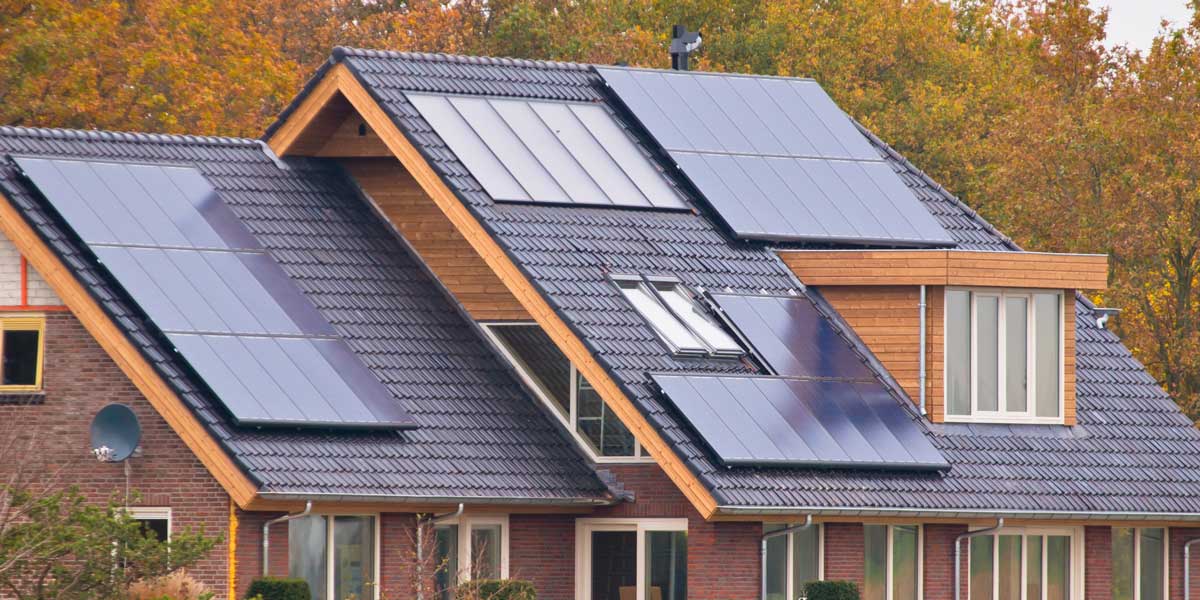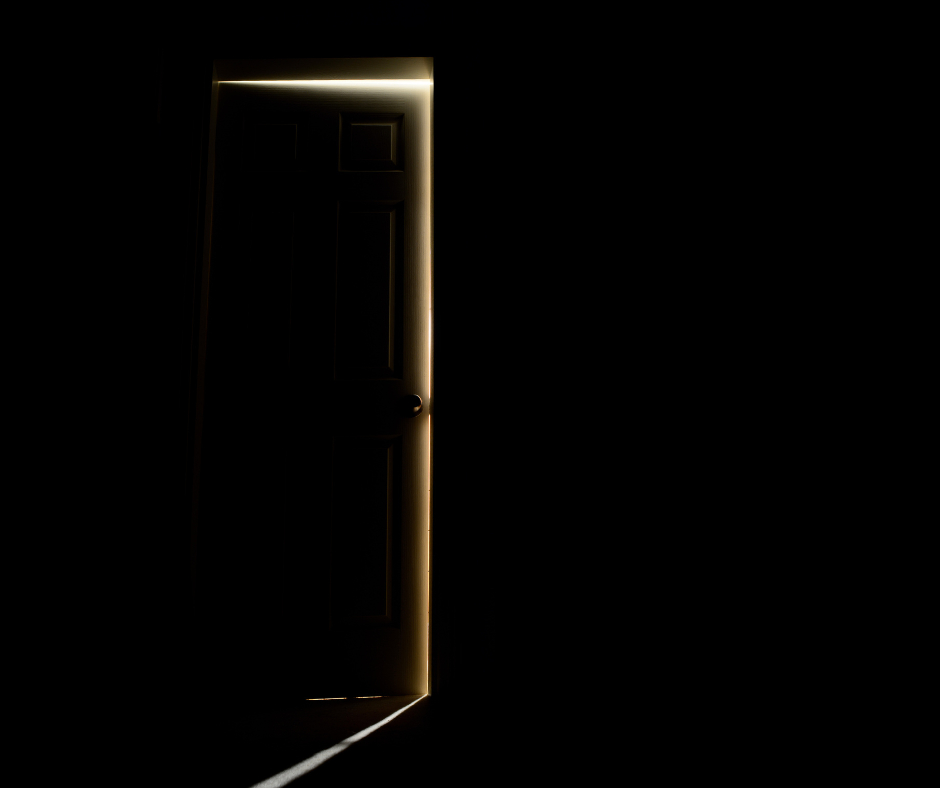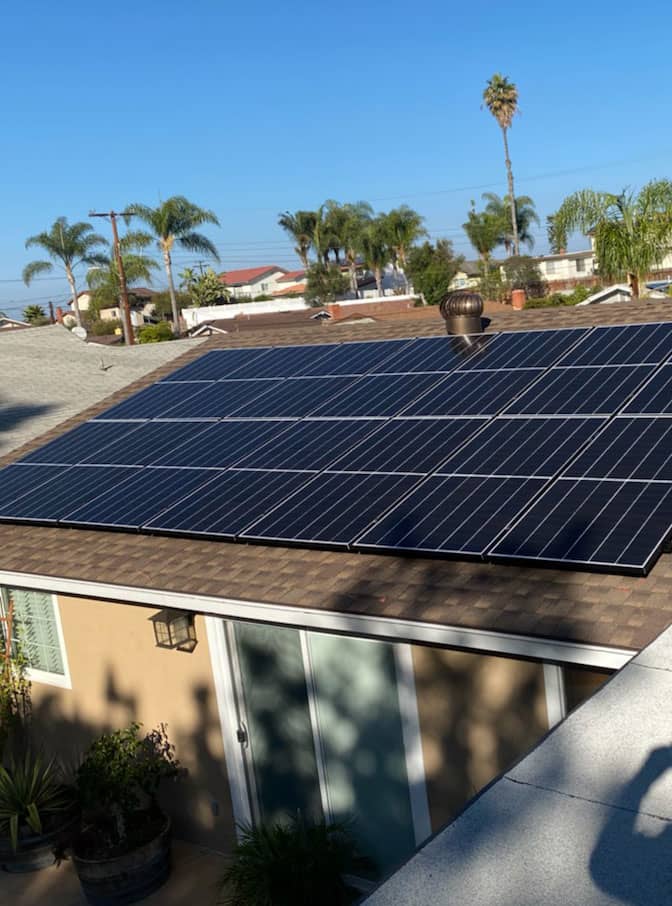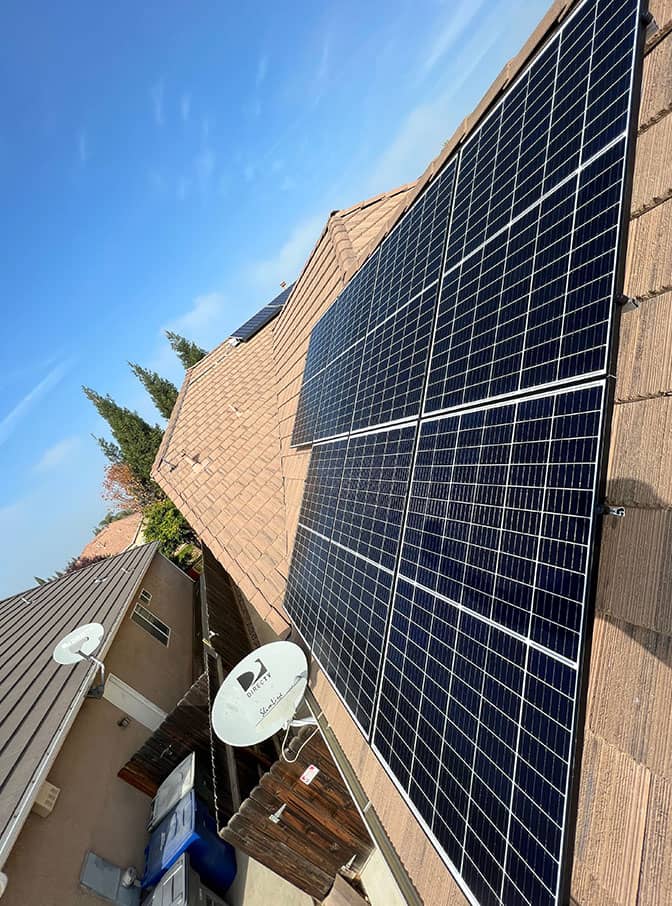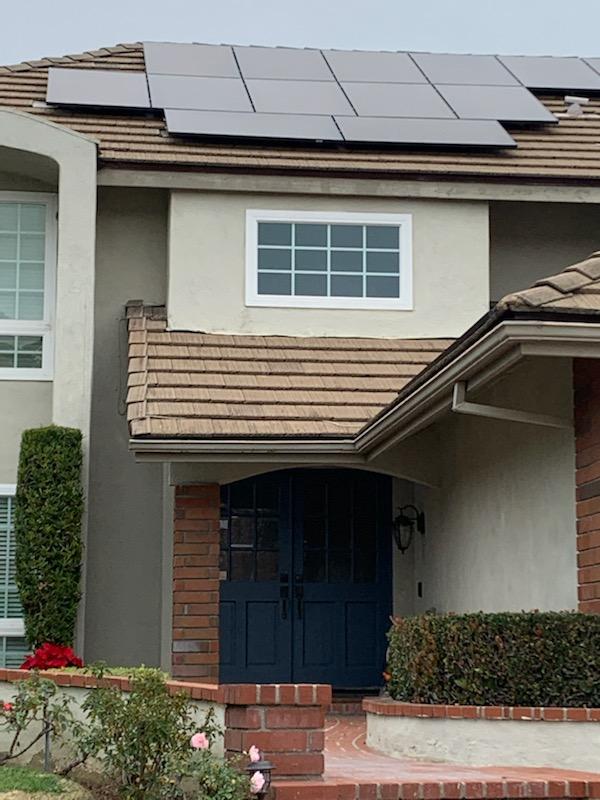
A Beginner's Guide: Is My Home Good For Solar?
Solar panels have been around for a few decades now but recently it has gained mainstream attention like never before. More and more people are opting to install solar panels in their homes and businesses to save money and harness the energy of solar power through direct sunlight. Are you thinking of going solar but doubtful whether it'll work out for you?
What are Solar Panels and How Do They Work?
According to SEIA (Solar Energy Industries Association), solar energy is defined as,
"Solar power is energy from the sun that is converted into thermal or electrical energy. Solar energy is the cleanest and most abundant renewable energy source available, and the U.S. has some of the richest solar resources in the world. Solar technologies can harness this energy for a variety of uses, including generating electricity, providing light or a comfortable interior environment, and heating water for domestic, commercial, or industrial use."
Solar panels are used to capture the sun's energy through photovoltaic cells installed within them, which then is turned into electricity by other parts of the solar system. How much power energy production your solar panel system is capable of depends on how many solar panels have been installed.
Common Solar System Installation Options
There are two types of solar installation options home and business owners can go for roof-mounted PV systems and ground-mounted PV systems.
Rooftop solar systems are the most common type of solar installation as it makes the best use of both the height of the roof and the roof's space to produce electricity. Most home and business owners prefer this installation as it doesn't require extra installation space and is cheaper than the second option.
Ground-mounted solar installations are for home and business owners whose roof sizes are not suitable for solar panel installation but have some real estate to spare. These solar panels are mounted on the ground using adjustable metal brackets or poles which are then connected to your home's electricity system.
How to Know if Your Home is Suitable for Installing Solar Panels
To know whether your home is a good candidate for solar, you need to verify whether your home's roofing materials are sturdy enough for solar installations. But before that, the first thing you should do is go to Google and look up NREL's (National Renewable Energy Laboratory) solar maps and check whether your home's location is compatible with solar power generation.
If it is, then your next task is to check whether your roofing is compatible with solar installation. The best way to do so is by getting in touch with a dependable solar installer like Local Solar who will send an inspector to inspect your home. The inspector will check your roofing and your home's electricity system to assess whether your home's roof size is suitable for solar installation.
A Basic Rundown of Solar Installation Costs
If you want to own solar panels, then be prepared for some hefty expenses. According to Lawrence Berkeley National Laboratory, a standard standalone solar system costs around $30,000. With financial incentives like federal solar tax credit and rebates, you're still looking at a price of $21,000 which can be a bit overwhelming for many middle-income families. Fortunately, there are some excellent solar financing options if you cannot afford an upfront payment.
A solar loan is the most common financing option chosen by most customers, but solar leases are a popular option as well. Also, grid-tied solar panels are much cheaper, costing between $14-$17K. Then there's the matter of permits as well which is usually included in the overall bill by the solar installer.
Benefits of Owning a Solar Energy System
There are a bunch of exciting benefits of owning a solar energy system. Let's just take a look at a few of them:
- Solar power can cut down your electricity bills by up to 40% from the get-go.
- You can make use of the net metering system to earn money through solar buyback programs.
- Solar power can keep your home powered during power outages if you have solar battery storage.
- They're a long-term investment that increases the value of your property.
Go Green, Be Energy Independent
With the way energy costs and power outages are increasing, it may be essential to own a solar system in the next couple of years. Why not make the smart move today and be energy independent with solar energy? Treat it like a good investment that will benefit you for years to come.






